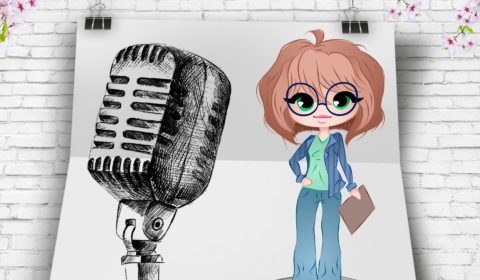
Advocacy is the part of anthropology that has the anthropologist play an advocate to a specific group or cause. This may be a matter of necessity (such as the questions about human rights of indigenous groups), personal wish or a thankless task given to them by others; just like a lawyer, an anthropologist may have to face being the defending party for a cause they do not as such support, because they have been asked for an honest professional opinion.
It is not a solemn duty of anthropologists to defend people at all costs. Practices that go directly against human or animal rights, for instance, or are heavily burdensome for the environment (such as citemene in Africa or whaling in Japan), are not to be defended by anybody… and yet often, some anthropologists still do, often either without really thinking, or because they suffer from what can almost be seen as a form of Stockholm syndrome, due to which their professional judgement becomes impaired and they willingly support causes that really should not be supported, or because of a confused feeling that everything non-Western must be good, which is often taught at University level, shamelessly and without consideration for the non-Western victims of the practices in question, such as FGM, male genital mutilation or ritual harming of any kind.
Advocacy is not activism, but it is close enough that it can be considered activism under specific circumstances. Where activism often blindly follows a bandwagon and does not consider consequences, nor does it go to proper educated sources for information, and uses all manners of persuasive tactics, including sheer numbers and force, for achieving their goals, advocacy should be the exact opposite, and consider all the possible sources before making a decision based on those sources, not popularity, attention gaining or even finances (oh yes, a lot of money turns in activism!). In an ideal world, activism and advocacy should walk hand in hand, making advocacy useful and activism enriched by facts of actual sources, as well as steady academic backing; unfortunately, very often, activists scorn or distrust the educated way and advocates do not wish to mingle with the people who are, by many, considered the “wrong crowd”, often for thoughtless acts rather than organised action. This does not go for all activists, nor does it go for all advocates – many activists strive and struggle to be as sane about their topic as possible, and many anthropological advocates do exactly the opposite. So maybe, what we all need to do is to work towards the ideal world, in which advocacy walks hand in hand with activism, keeping causes pure and people sane (fingers crossed for that one). Activism is, after all, a much needed part of humanity at its sanest level. It is standing up and fighting for equal rights, for financial or medical safety of all; it is fighting for those who cannot speak for themselves, or for those who are being deliberately silenced. Anthropology and activism, at their best, have a lot in common – both share a passion for exploring life in all its glory, as well as all its darkness. The greatest activists are not, however, the loudest. They are the people who live quiet, everyday lives, and treat all rights as if they were inalienable. And that is what I call a a fluid culture – a culture capable of accepting, not merely tolerating, and that so truly that acting in a rigid way becomes unthinkable.
